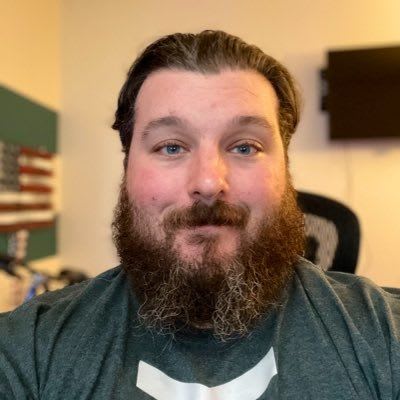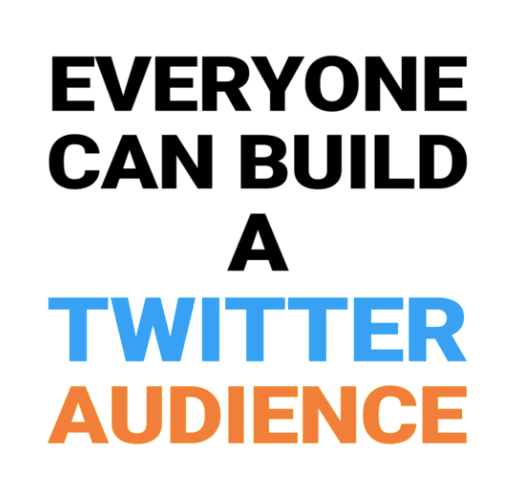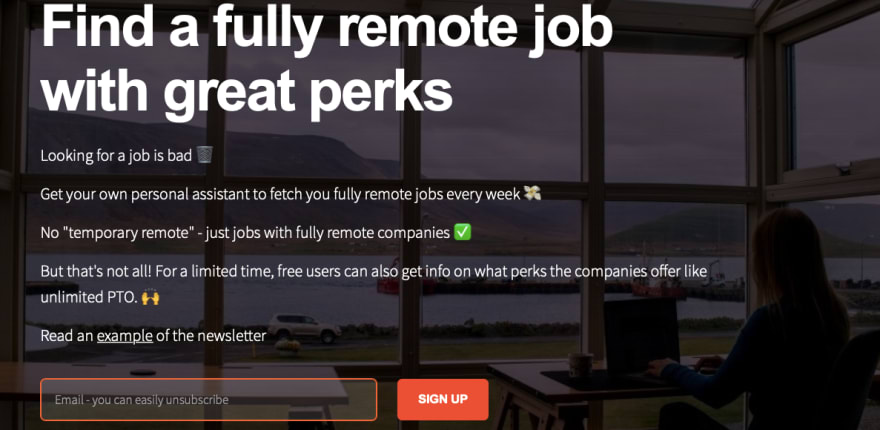Devin Ford is a self-taught web developer and freelancer. In this interview he goes through how he got his first freelance client and how he learned coding. Devin also talks about the benefit of using Twitter to build a network and to improve your coding skills as well. Enjoy!
Why did you start learning to code?
I have been working in the public safety sector for around 10 years now, and I had started to become burnt out working nights, weekends, and holidays for so long. Adding in no more real challenges, or room for advancement and I had decided it was time for a change. I have always been tech oriented, but in my younger years the money right in front of me was more appealing than the time investment a tech related route would have taken. Took me far too long to figure out the investment was obviously worth it.
Can you talk us through finding your first client as a freelance developer?
My very first client was the owner of a local gym that I am a member at. I approached him because I realized his website wasn’t responsive, or very user friendly. I brought it up on my phone, asked him some questions about how he created it, how he felt about it, and what he’d like to see changed. I then began to show him one of my websites, explained how a static site would work, and the benefits of reworking his existing site.
We came to an agreement - it was a single page static site written purely in HTML and CSS and it was done for $800 (USD). Not using JavaScript didn’t hold back the site from being responsive, animated, and just overall a better representation of my clients business. Overall he was thrilled with the result, and the increase in traffic and form usage.
How did you learn coding?
I started with Free Code Camp (FCC), and The Odin Project (TOP). I feel both of those resources are invaluable to someone learning to code. FCC certainly showed me I liked coding, and the visual feedback of front-end development. TOP on the other hand taught me skills early that were so valuable, Git specifically.
I then used WesBos’ Beginner JavaScript course and then Brad Traversy’s React Front to Back course. Most importantly was the community on Twitter, I learned so much by joining tech Twitter, I will be forever grateful to all of the amazing developers on the platform who have helped me become a community taught developer. If I could go back, I wouldn’t have bought a bunch of Udemy courses without knowing my learning style first. I based it off reviews, and not how I learned.
How did learning in public on Twitter help?
Learning out loud on Twitter helped not only keep me accountable, but also gave me great access to a resource most people don’t get while learning, and that’s developers at all different levels who have vast amounts of knowledge they are willing to share. As I learned, that motivation shifted from being community taught myself, to also giving back and sharing the resources that helped me along the way.
How has your life changed since learning to code?
It’s going to sound cliche, but I honestly feel so much more grateful about being able to work in a field where I am challenged, and I learn something new every day. I feel fulfilled in my work, I get good feedback, I work with great people, and I’m learning not just about coding, but about product management, how to run a business, and the balancing act of developer and customer satisfaction.
What was the interview process like for your first developer job?
My first job interview involved a take home assessment around building a chat application layout with the ability to parse 1500 mock conversations into their own chat. It also had to include the ability to search by name, filter by status, and favorite a conversation in React. I had 2 days to complete it, and I had only been learning React for 3 weeks at this point.
After 2 days, I had gotten the layout down, mapped over the data, and was able to toggle favoriting conversations, but that was it and I sent that over. I spent the next 2 days on my own figuring out the rest of the functionality, for my own benefit because I wanted to learn, and knew in the future I may need to do something similar.
I emailed the CEO who had reached out after I completed the functionality, mentioned that I had redone it, asked if they would mind taking a look at the refactor, but understood if they wouldn't. Well they did, and I found out months later that me taking the time to refactor it on my own and figure it out was what changed my being passed on to my being hired.
The interview portion mainly focused on how well I was able to communicate and work asynchronously since the team was divided through several time zones. My soft skills in communications really shined in this light, years of talking with the public helped a lot.
Do you have tips for people who want to learn to code without doing a degree?
Figure out how you learn before you really dive into actually learning. I personally am a visual learner, I do much better with video courses than reading documentation. Even now I will regularly try to find a youtube video that does an overview to accompany documentation since it helps me really understand the concepts.
The other thing I suggest to everyone is get involved in the tech community on Twitter! Truly an amazing place, full of people at your level, all trying to reach the same goal, and most are willing to help you get there!
What are your career goals for the future?
My career goals going forward I think will vary as I go, but I know I really want the opportunity to give back. As I become a more knowledgeable developer, I want to be able to pass on and give back even more than I’ve taken hopefully. I would also like to organize a meetup in my area, and get more involved in youth STEM programs.
I wish these skills were more focused on while I was in my younger years in school. To keep up with anything I’m doing, I’d love to see you all on Twitter @devindford ! I wish you all the best of luck going forward in your journeys, and I genuinely hope you all succeed at whatever discipline you decide to pursue. Also huge thank you to Pete for this opportunity, please be sure to follow No CS Degreefor more of this amazing type of content. Lastly be sure to tell someone you love them, and I’ll see you all around!
Thanks for the interview!
Curious about how much a programmer makes? Check out the Definitive Guide to Entry Level Software Engineer Salariesblog post.









Top comments (0)